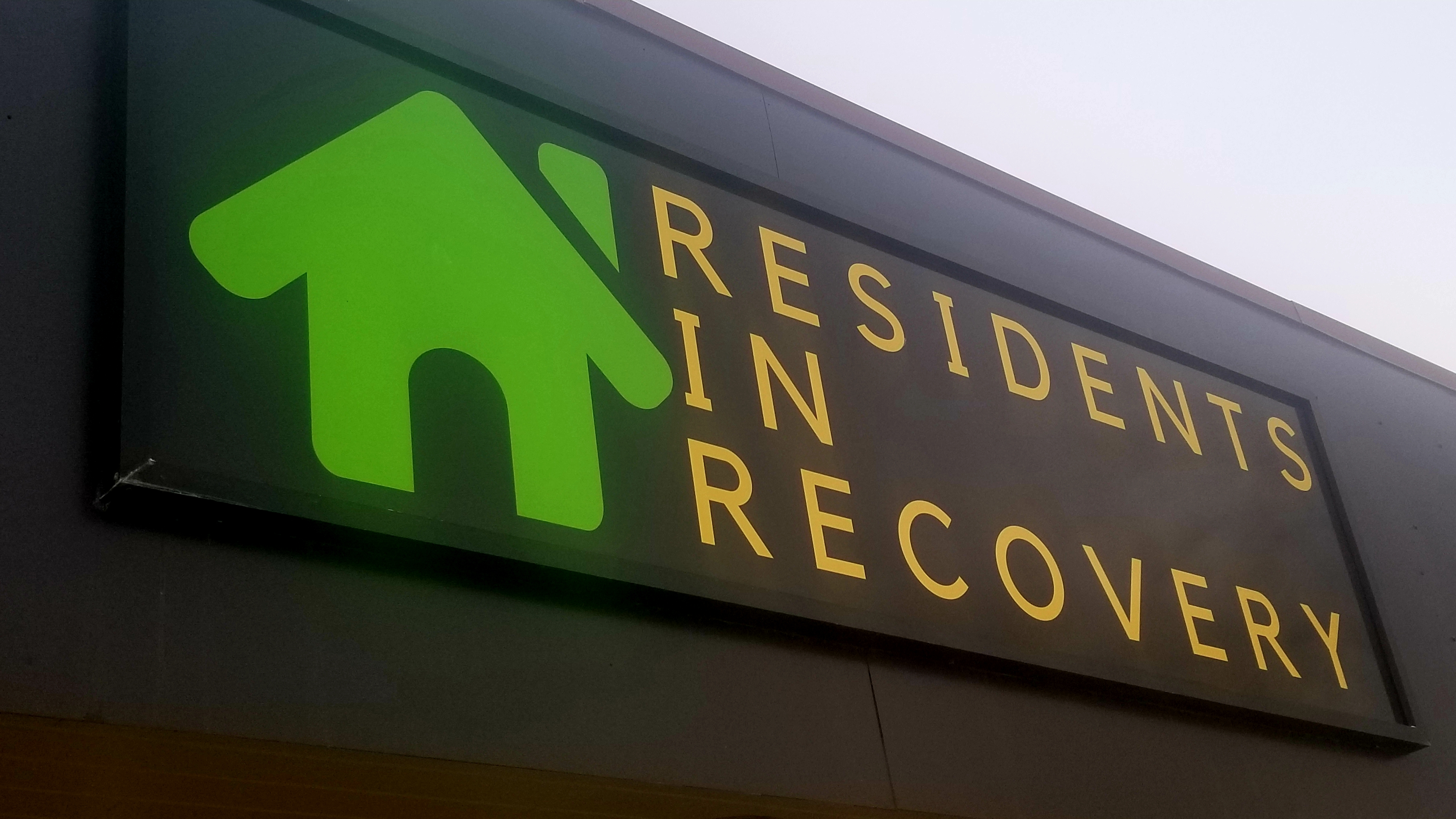“I’d say three, four, five times as many overdoses as last year at least. We’re putting out more naloxone kits in a month than we put out in six months a year ago.”
That’s the update from Executive Director of Residents In Recovery Tyler Lorenz as he discusses mental health and addictions and the negative toll the COVID pandemic has had across the community.
Lorenz sees a level of desperation in the community, and his comments come as Canada is observing Mental Health Week from May 3-9. Lorenz calls upon people to take stock of their mental well-being.
“It should be mental health month. We need to focus on mental health everyday not just for a week. We need to really start doing it as a community and as individuals, things that are going to promote your mental health in a positive way and really looking at, what can I do everyday in order to help my mental health go in the right direction.”
According to a Canadian Mental Health Association and University of British Columbia survey, 40 per cent of Canadians polled say their mental health has deteriorated since COVID-19. Lorenz says there is now an increased demand for recovery services.
“I don’t think anybody’s mental health was improved in the last year. [For] most people it doesn’t result in negative consequences like ours, but clearly I would say at least double the number of people that may not have required our service before the pandemic, require it now.”
In terms of coping strategies, Lorenz suggests focus on what’s right in front of us and getting through each day with what we can do in our little bubble. He advises to avoid getting caught up in the COVID debates which cause a heightened emotional state that isn’t helping anyone.
Lorenz reflects that any marginalized section of the community has been more adversely affected during the pandemic. People dealing with addictions and mental health illness need to be able to attend sober meetings and when programming had to be shut down they struggled even more. Lorenz has seen people who were sober, in some cases for one or two years relapse as they were not able to come to meetings.
With 2021 marking the 70th year that Mental Health week has been observed in Canada, Lorenz points to more mental health fallout post-pandemic.
“We really need to brace ourselves for some serious implications in the next year or two as a result of this. I think we’re just going to see numbers grow. It’s going to be tough to manage given the resources that are available in our community and in our provinces.”
Lorenz says in person sessions have resumed at Residents In Recovery and they have been able to add online programming to support their clients.




